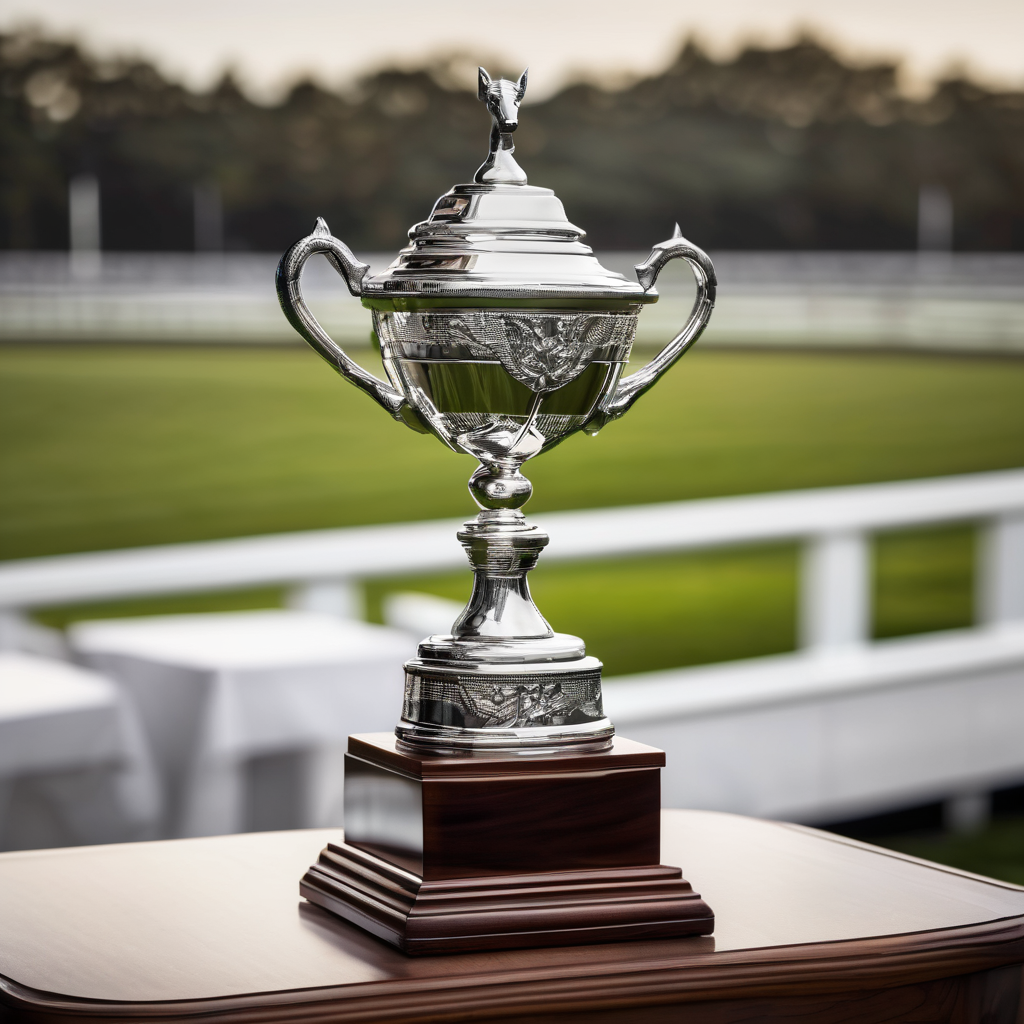The Melbourne Cup, famously dubbed the race that halts the entire nation, is set to take place on November 4, 2025, at 4 PM, drawing together racing enthusiasts for what promises to be a thrilling spectacle. This iconic event, which has developed into the world’s foremost handicap race, is known for its rich history, first run in 1861 and won by the legendary Archer. Over the years, it has showcased some of the greatest racehorses, including Phar Lap in 1930 and Makybe Diva, the only horse to win thrice from 2003 to 2005.
This year, anticipation is building as punters gear up to select their favorite contenders from a strong field of horses. Rahul Sundar, Director of Grants Betting House, noted the considerable excitement surrounding the race and its significance in the betting community. “Everyone, from veterans to newcomers, is eagerly preparing for a day filled with betting and hope,” he stated.
The race will comprise 24 entries, with notable participation from Irish and French competitors, as well as representatives from Great Britain, New Zealand, and Japan. Sundar highlighted that eight horses will be coming from Ireland and seven from France, showcasing the international interest that the Melbourne Cup generates. The leading favorite is expected to be “Half Yours,” a horse from Australia, ridden by female jockey Jamie Melham, marking an exciting moment for diversity in the sport.
The Melbourne Cup is more than just a horse racing event; it serves to foster community spirit across Australia. Many families and friends gather to watch this highly anticipated race, which often features various local celebrations, from office sweepstakes to backyard barbecues, highlighting the event’s cultural significance.
With a deep-rooted history and a promising lineup for 2025, the Melbourne Cup is set to be a thrilling celebration of sport and community. As excitement builds leading up to the race, it promises not only entertainment but also the creation of lasting memories for all involved, reinforcing the event’s cherished status in Australian culture.
